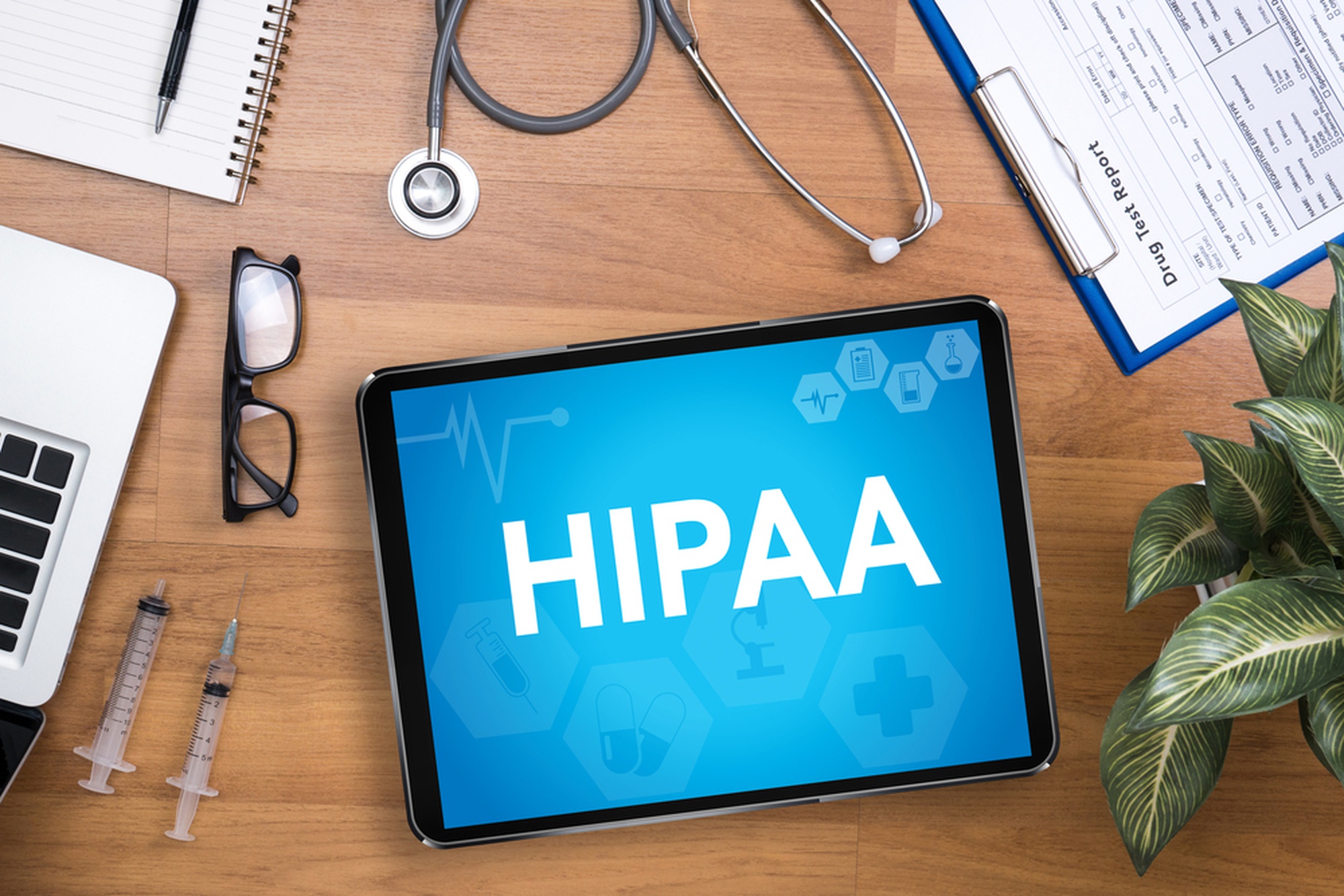Medical professionals must be informed of HIPAA regulations for compliance. These laws are designed to safeguard the privacy of patients. All medical professionals must understand and comply with these regulations. It isn’t easy to stay compliant with HIPAA rules, especially in the current age of information. There are many resources available to help you ensure your practice is secure and compliant. With comprehensive knowledge on how to stay in HIPAA compliance, for example, an ongoing assessment of the security systems you use to manage patient information and clear protocols for communication when handling sensitive information, you’ll have the tools necessary to safeguard your confidential health information. In compliance with these regulations is essential for keeping sensitive personal information safe from security breaches and loss of confidence in your practice. Implementing HIPAA conformity measures is an essential step in creating a successful medical office.

HIPAA compliance is essential for all those who deal with sensitive patient information. HIPAA regulations require all organizations who interact with Protected Health Information to be well-versed and adhere to their policies. Infractions to HIPAA regulations can lead to heavy fines or even compromise the confidentiality of patient data. If a breach were to occur, it is important to be aware of the correct steps needed to respond promptly. It is vital to remain current with the ever-growing amount of data breaches and cyber attacks. Healthcare providers can avoid expensive penalties and fines through a comprehensive understanding of HIPAA compliance.
Employees can be confident that sensitive information such as their health records are being handled in accordance with HIPAA. Through an exhaustive HIPAA compliance plan employers can make sure that all data-related measures are taken to protect employees’ personal and medical documents, giving them assurance that their sensitive information aren’t exposed in a way that is unneeded and in a way that isn’t appropriate. This helps build trust between employer and employee giving both the satisfaction that they are taking shared responsibility for protecting each other’s privacy as well as safeguarding their shared concerns. In the end, adhering to HIPAA guidelines allows businesses to create secure and safe workplaces, where employees can feel confident about their medical records being secure from the prying eyes of unauthorized users.
HIPAA compliance is an important element of every healthcare system, and it is essential to understand when to report an HIPAA violation. It is crucial to be aware of the requirements of the law which is that healthcare providers have to safeguard patient privacy and maintain confidential information confidential. Any individual or entity who is able to access PHI is required to promptly report any potential breach of patient information. There may be civil and criminal penalties for any negligent reporting of a violation. Patients who have been affected may also submit a complaint with the Department of Health and Human Services Office for Civil Rights when they feel their rights or those of their PHI have been violated. Employees should be informed of HIPAA compliance and provided with comprehensive training.
HIPAA regulations benefit employees in many ways. It not only protects their private information but also gives them peace of mind to feel secure knowing that their employer is taking the necessary steps to ensure their safety. HIPAA compliance allows for clear communication between employees, employers, and their healthcare providers. Employees can feel confident that they are communicating with the right people in a safe setting. Employees and employers will have greater trust and confidence, which results in greater retention rates and higher job satisfaction. Adhering to HIPAA standards shows employees that their company takes care of its staff both personally and professionally and contributes to creating a successful, collaborative workplace.
For more information, click hipaa compliance regulations